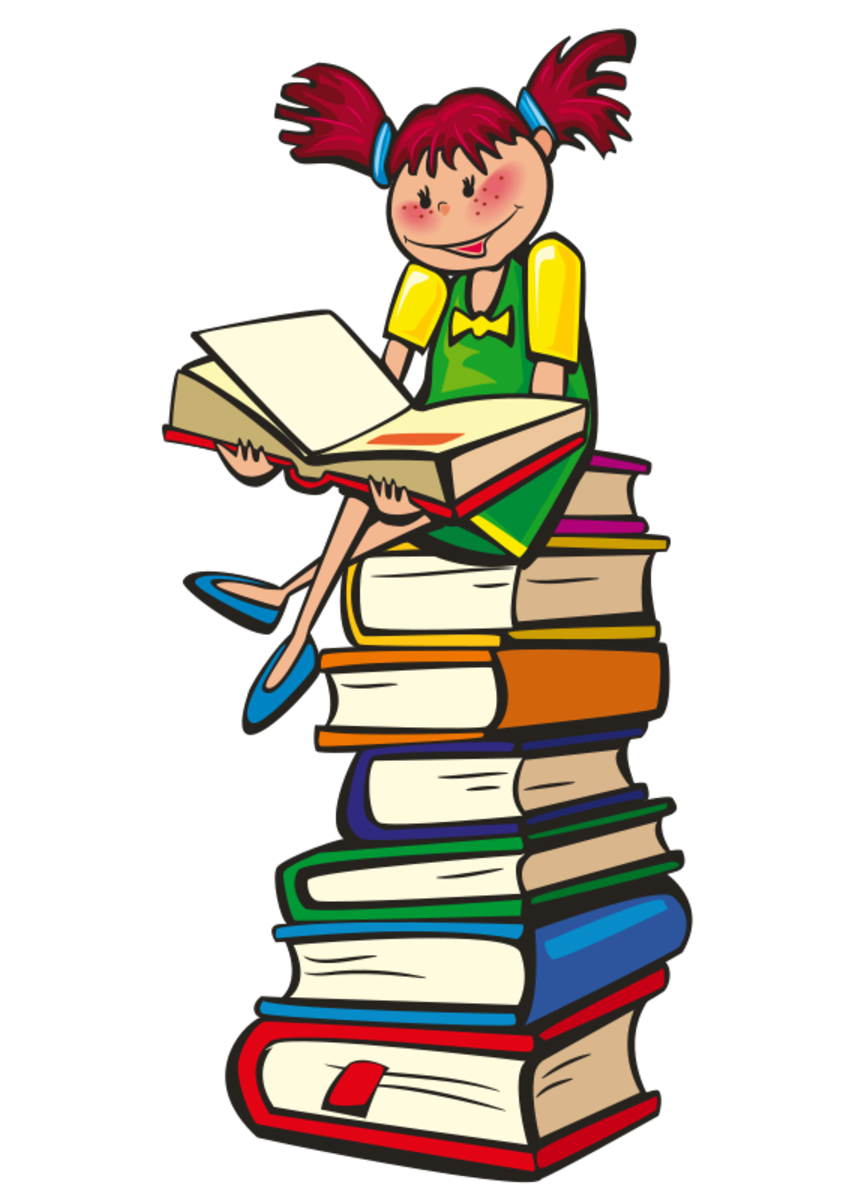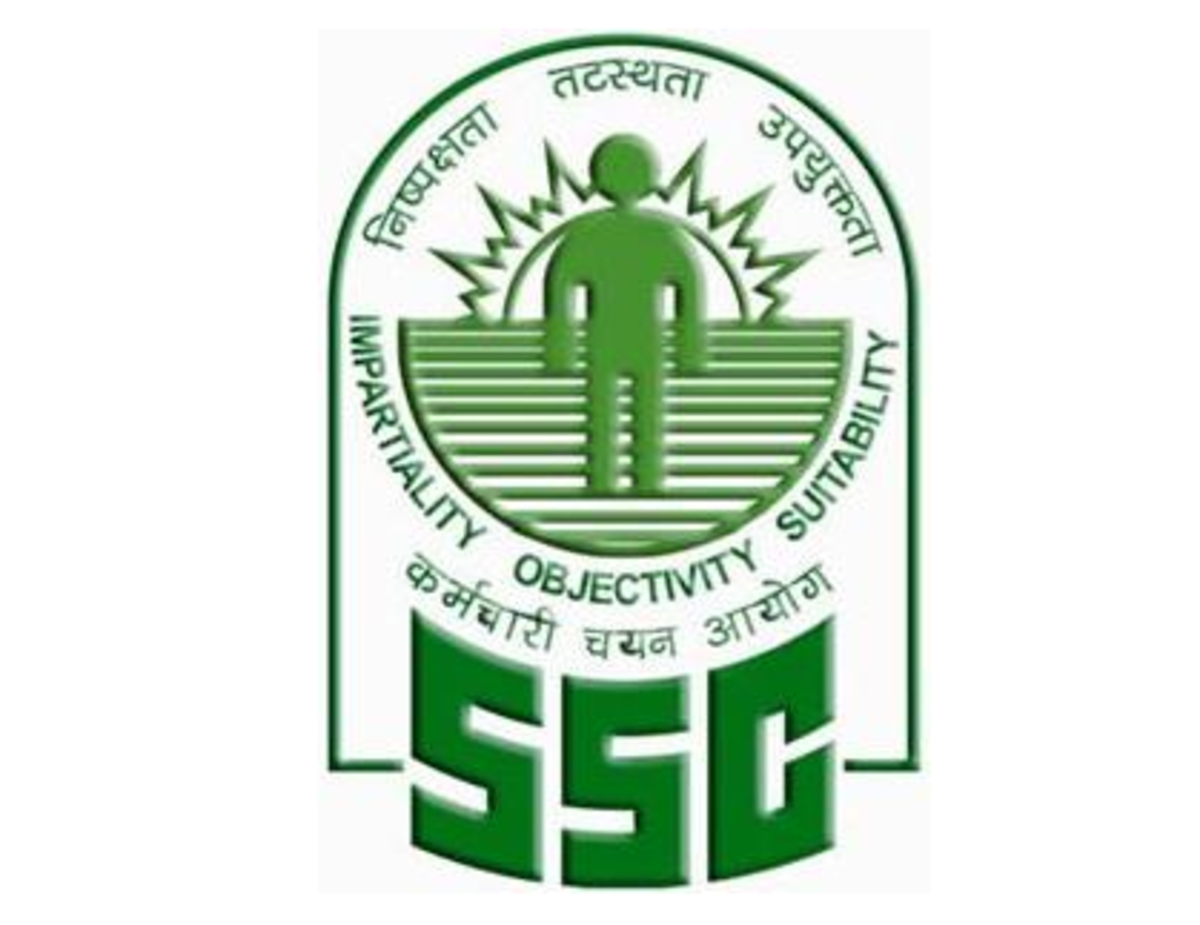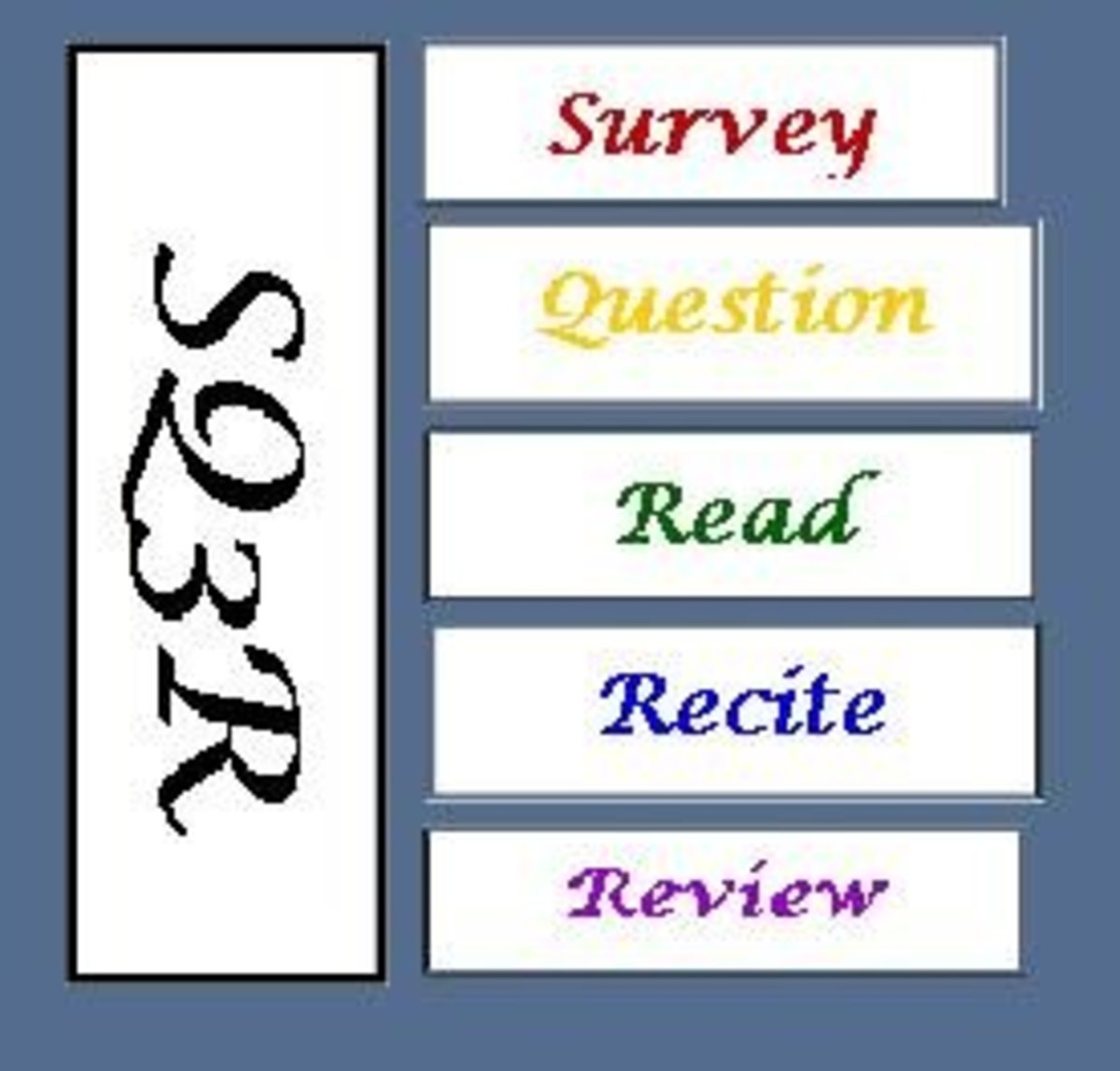In Depth Valuable Tips for Exam Season
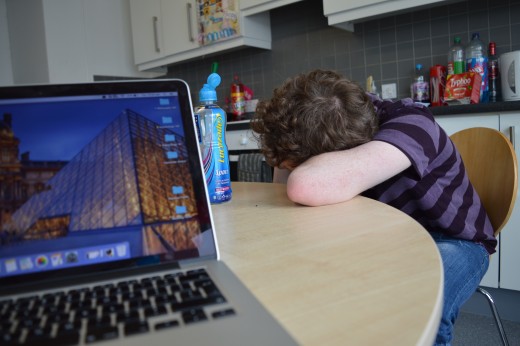
Personal advice for exams
I always dislike exams, the revision, the pressure of doing well all the typical issues of being a student. As much I would love to buy a crate of lager and sit in a corner and forget about what is happening we all know that's not the best idea. Bad habits, hangovers and partying friends are a no-go zone during the exam period and weeks beforehand. Last year I was all over the place and the pressure to do well and not to let my family down really hit me. Which is such a normal reaction, what I have noticed university does not prepare you for that, how to overcome your walls and doubts and come up with plans and structure? I've done exams at A-level I hear you say! I know what I'm already doing! That's true and I wish you all the best but for some, that is not the case. I did a BTEC, as in coursework so I was not prepared for the sheer level of work and information I needed to swim through. So what to do?
Self-development and learning about what you are capable of are great, talking to friends, reading blogs and knowing how to develop which skills you need and finding that all important motivation to put the hours in. What do these exams mean to you? What will your education allow you do? How much does this mean to me? You can try:
- Extrinsic rewards (Ex. Chocolate after this set revision)
- Accountability, as in promising to people you will do this task today or this revision
- Dedicated study space, clear desk, clear room, clear mind
- Avoid drugs, alcohol and caffeine, despite the interesting articles on micro-dosing on LSD or distracting yourself with parties/gatherings this will not help, really it won't. I know a lot of students who swear by taking their coffee in the morning, everybody is different but I would not recommend this. Caffeine is still a drug and physiologically we build a tolerance which means we need to take more to get that "fix". Also, large amounts may lead to nervousness, restlessness, irritability, or an upset stomach. Which is why I avoid caffeine entirely.
Finding the right type of friends for revision sessions
Being friends with the "nerdy ones" is no flaw. Having friends who know where they want to be and who are driven whether they are cool or not is a great way to exceed your own expectations and doing well academically. Put it this way, if you wanted to be a race driver what group is better to practice with, professional race car drivers or a group of 17-year-olds who have just passed their licence? There is no shame in finding people who are better than you, this is how you can improve your study skills.
Tips shown by Psychological research for studying techniques and office space
Having a greener workspace will help you work better.
Humans evolved from Africa and we thrived in the Savannah in nature. When you walk through a park or a forest and you feel that sense of relaxation and peace there are reasons for this. For humans this is our natural habitat and research supports this. A study has shown office workers who faced grass and trees took significantly less sick days than workers in surrounding offices. Implementation could include putting a green plant on your desk, having a desktop background of forestation or plants or take that walk in the park for a revision break.
Personalised office desk space will help you work better.
A study has shown a sample of office workers who were allowed to decorate their office in which they will work by adding up to 6 pictures to the room had a sense of empowerment which increased wellbeing compared to dull rooms with no decorations and an office space which was manipulated by management. The take-home message is that having a personalised workspace increases well-being and productivity.
Studying Techniques: What techniques really make a significant difference for students.
Please bear in mind, there is an open interpretation as to which methods are more likely to aid revision which is self-explanatory because there is many courses, individual differences and many other factors.
A study had students take exams and measuring their exam techniques and looked at how these correlated with time spent studying and techniques used. So according to (Gurung, 2005), it was found:
- Testing your knowledge was one of the most significantly correlated techniques with exam scores and was seen in this study being used the least.
- Popular methods such as re-writing notes, reviewing highlighted material and figures and tables in the text did not relate to exam scores. Other methods that increase elaboration which ties into testing your own knowledge from Dunlosky have been stated to be most effective.
- Elaborative interrogation: Answering why a fact is true
- Self-explanation: Explaining what a section of text or an example problem means to you
- Practice testing: Testing yourself on the material you are trying to learn
- Distributed practice: Spreading your studying out over several sessions
- Interleaved practice: Mixing different kinds of problems together when studying
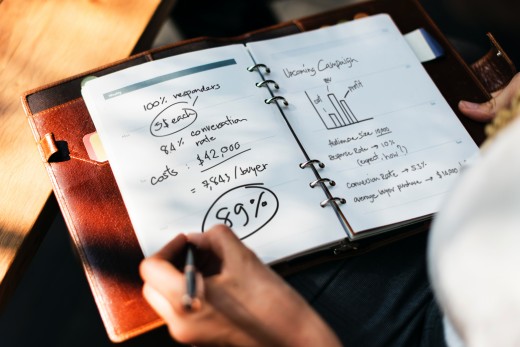
References
- Dunlosky, J., Rawson, K., Marsh, E., Nathan, M., & Willingham, D. (2013). Improving Students’ Learning With Effective Learning Techniques: Promising Directions From Cognitive and Educational Psychology Psychological Science in the Public Interest, 14 (1), 4-58 DOI: 10.1177/1529100612453266
- Gurung, R. (2003). Pedagogical Aids and Student Performance. Teaching of Psychology, 30(2), pp.92-95.
- Knight, C. and Haslam, S. (2010). The relative merits of lean, enriched, and empowered offices: An experimental examination of the impact of workspace management strategies on well-being and productivity. Journal of Experimental Psychology: Applied, 16(2), pp.158-172.
- Lichtenfeld, S., Elliot, A., Maier, M. and Pekrun, R. (2012). Fertile Green. Personality and Social Psychology Bulletin, 38(6), pp.784-797.
© 2017 Timothy Hayward


